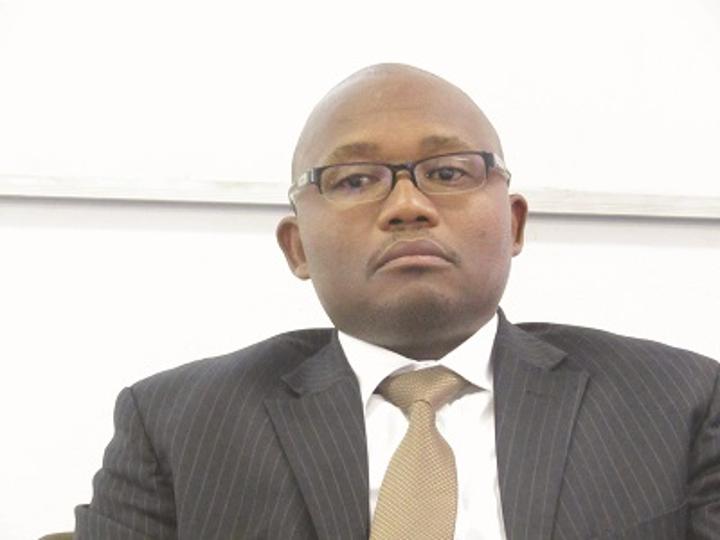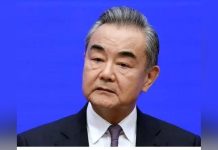Africa-Press – Lesotho. Constitutional expert at the National University of Lesotho (NUL), Dr Hoolo ‘Nyane says the current judicial crisis in Lesotho is a culmination of a long standing separation of powers imbalance and the manner in which Lesotho’s constitutional bodies are organized.
He said this at the peers meeting at Transformation Resource Center last week where the law experts were invited to discuss the crisis between the executive and judiciary.
According to ‘Nyane, what disturbs the public today are ‘perfunctory’ challenges such as political meddling, backlog of cases and judicial corruption, understaffing and sheer incompetence.
As a result of these problems he said the ordinary citizens of Lesotho lack confidence in the judiciary. He said although these crisis appear rife and unbearable today, they are part of a broader manifestation of the general institutional fatigue and decay at national level.
He cited the issue of lack of judicial independence in Lesotho as one of the main challenges. According to ‘Nyane, judicial independence is a fundamental cornerstone structure of good governance, aimed at limiting the power of the executive as the most powerful branch of the government.
However, in Lesotho he said judiciary is exposed to the executive, therefore compromising the judicial independence. He compared Lesotho’s judicial model to that of Britain, characterized by weak separation of powers and strong executive.
He mentioned that the Chief Justice and President of Court of Appeal are appointed and removed differently from other judicial officers of the court by the Prime Minister and without the Constitution providing procedures to be followed when impeaching either of them.
“Decisions of the Court of Appeal in cases of President of the Court of Appeal Vs the Prime Minister and others (CIV) No 62/2013) and Kananelo Mosito Vs Director of Public Prosecutions (C of A (civ) 66 of 2015) have demonstrated that even the invocation of common law rules of natural justice cannot limit the power of the PM,” he cited.
As for the Judicial Service Commission, vested with the power to appoint the judges, he said it is composed of people whom in their substantive positions are directly appointed and removable by the executive (PM)–therefore exposing them (judges) to the executive the same way as Chief Justice and the President of the Court of Appeal.
This system he said destabilizes the work of judiciary as the incoming governments constantly remove and appoint judges at will. “In 2015 the already staggering government appointed Justice Mosito to be the president of the Court of Appeal and Majara as the Chief Justice.
The opposition expressed disapproval of Mosito. By sheer coincidence, the opposition became government in the same year and expectedly, Mositio was impeached.
”
“The judiciary crisis today has manifested at two levels: there’s no Court of Appeal and it doesn’t look like it will be convened soon.
In the high court, the impeachment against the Chief Justice Majara seems to have started. How it will end is everyone’s guess. Otherwise the usual problems of incompetency and backlog still pursuit.
” he continued
‘Nyane went on to insist that the model is showing signs of fatigue and non-durability, therefore it has to be reformed. However, he insisted that there are measures that have to be taken in the interim to solve the crisis.
For More News And Analysis About Lesotho Follow Africa-Press






